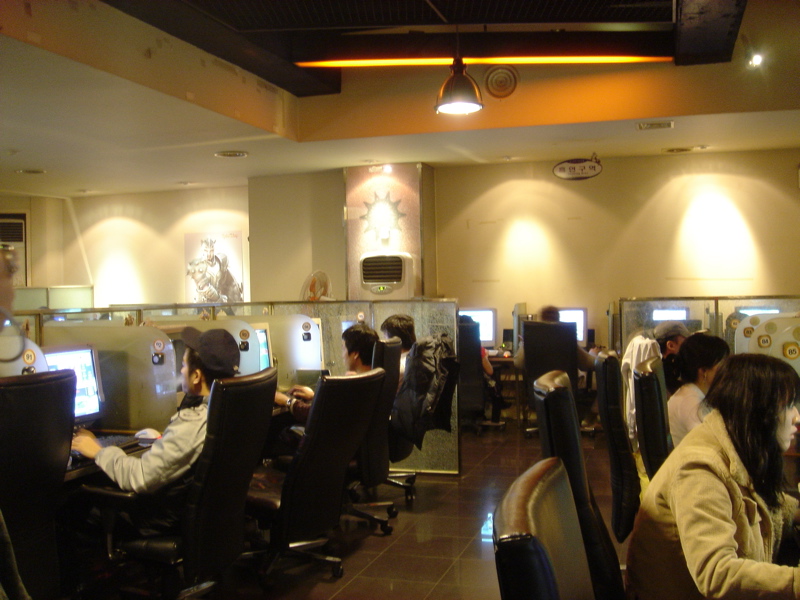The Peninsula
Arguments for Individual Choice Gains Traction

What Happened
- In 2011, the South Korean government made an anti-online gaming law dubbed the “shutdown law” or the “Cinderella law” that blocks those under the age of 16 from accessing games after midnight in an effort to curb game addiction among adolescents.
- This year, teens blocked from buying the popular computer game Minecraft petitioned the presidential office to repeal the “Cinderella law”, which they claimed diminished the rights of underage gamers.
- The government recently announced it would abolish the “Cinderella law” to give greater flexibility to children and their parents.
Implications: In public policy debates around digital consumer products, arguments that highlight individual choice are more effective than ones that champion business interests. Case in point, the change in the government’s position towards online gaming paralleled the shift in the stakeholder’s framing of the issue. The Ministry of Culture, Sports, and Tourism (MCST) had initially pushed back against the World Health Organization’s (WHO) designation of excessive gaming as a mental health disorder by raising concerns that restrictions on young players would lead to declining competitiveness for the domestic gaming industry. After initial opposition from the Ministry of Health and Welfare and other government agencies, a broader coalition formed around the MCST’s position when public discussions elevated teenagers’ demand for self-determination and parents’ right to set their own rules. Following this shift in rhetoric, two other ministries reversed their stance and joined the MCST’s announcement that the government would end its restrictive oversight of teenager’s gaming habits.
Context: In 2014 the Constitutional Court of Korea ruled that the “Cinderella law” was constitutional and did not violate the freedoms of teenagers while protecting the healthy development of adolescents. Then in 2019, an inter-ministerial conflict broke out over the WHO’s designation of video game addiction as a mental health disorder because some officials felt that excessive policing of behavior imperiled a major contributor to the Korean economy. According to the 2020 South Korea Video Game White Paper, the video game industry’s exports increased 3.8% in 2019 compared to the previous year and the country ranked 5th in the global video game market.
This briefing comes from Korea View, a weekly newsletter published by the Korea Economic Institute. Korea View aims to cover developments that reveal trends on the Korean Peninsula but receive little attention in the United States. If you would like to sign up, please find the online form here.
Korea View was edited by Yong Kwon with the help of Sean Blanco, Marina Dickson, and Jina Park. Picture from the flickr account of George Malave
